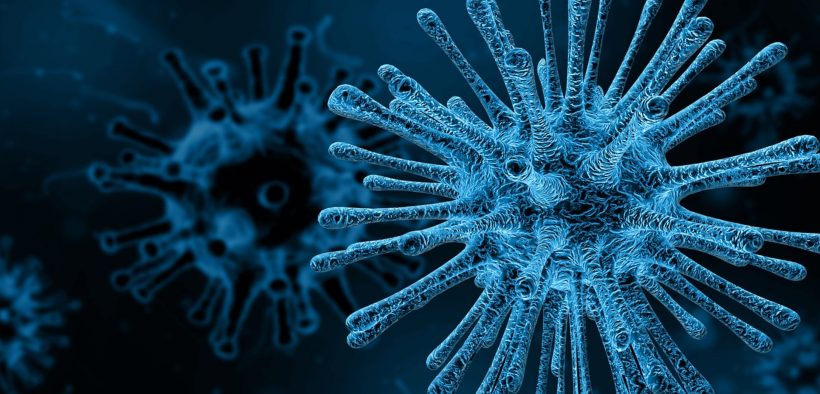A Common Cold Virus Eradicated Cancerous Tumor in Patient

“Oncolytic viruses such as the coxsackievirus could transform the way we treat cancer and could signal a move away from more established treatments such as chemotherapy.”
A group of researchers recently conducted a clinical trial using the common cold virus to fight bladder cancer in 15 patients. Amazingly, the virus eradicated a cancerous tumor in one of the patients and damaged the tumors in the other patients.
After concluding the trial, the researchers published their findings in the American Association for Cancer Research’s journal Clinical Cancer Research on July 4th.
First Time Common Cold Virus Used to Treat Form of Bladder Cancer
“Traditionally viruses have been associated with illness; however in the right situation they can improve our overall health and well being by destroying cancerous cells,” Dr. Nicola Annels, one of the authors of the study, as well as Research Fellow at the University of Surrey, told Forbes.com. “Oncolytic viruses such as the coxsackievirus could transform the way we treat cancer and could signal a move away from more established treatments such as chemotherapy.”
In the study, researchers infected 15 patients who had bladder cancer with the virus coxsackievirus A21, which is known to cause the common cold. According to Hardev Pandha, the trial’s lead investigator and Professor of Medical Oncology at the University of Surrey, coxsackievirus is “something that occurs in nature” and is not genetically modified.
Using catheters the patients already had for other treatment purposes, the researchers “infected” the patients with the virus. They left the virus in the patients’ catheters for one hour, allowing it to be pumped into the bladder. After this procedure was repeated, the patients had surgery to take out the remaining tumors.
“Non-muscle invasive bladder cancer is a highly prevalent illness that requires an intrusive and often lengthy treatment plan. Current treatment is ineffective and toxic in a proportion of patients and there is an urgent need for new therapies,” Pandha told Forbes.com.
Outcome Promising, But Follow Up and Additional Trials Needed
One week after infecting the patients with the cold virus, doctors found no evidence of cancer in one patient. In the others, there was “evidence” that the virus had impaired the tumors, prompting the immune system to send “immune cells” to the tumors.
Doctors also discovered that the virus only attacked cancerous cells, leaving healthy tissue alone. Additionally, they discovered that the virus continued to replicate itself and attack more cancerous cells.
Of course, simply getting the common cold will not treat cancer. The researchers gave the trial participants high doses of the virus. Yet the patients did not get sick, and no one had any consequential side effects, said Pandha.
Although not part of the research, Grant McFadden, director of the Biodesign Center for Immunotherapy, Vaccines and Virotherapy at Arizona State University, observed that several studies have been conducted to test whether viruses can effectively target cancer cells.
McFadden told Live Science that several cancer-destroying viruses will likely “get approved for use in humans.”
The researchers are hopeful that coxsackievirus and other viruses will transform the way cancer is treated, although more trials need to be conducted to see the long-term effects of using viruses to fight cancer.
“Coxsackievirus could help revolutionize treatment for this type of cancer. Reduction of tumor burden and increased cancer cell death was observed in all patients and removed all trace of the disease in one patient following just one week of treatment, showing its potential effectiveness,” said Pandha.















